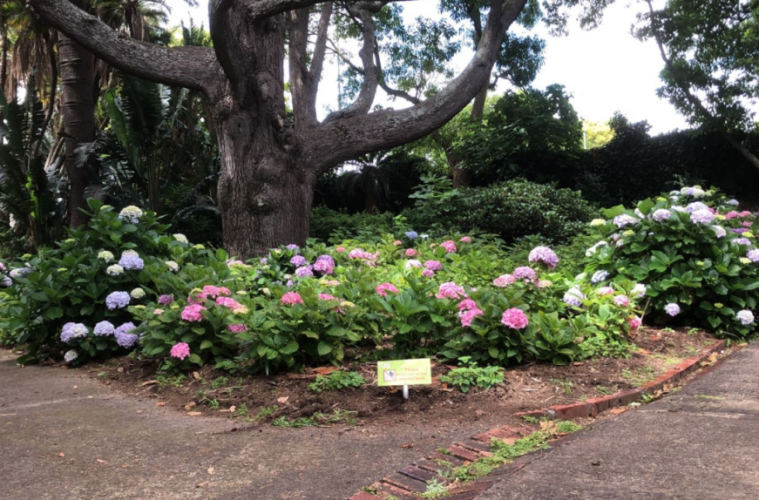Arderne Gardens in the Southern Suburbs of Cape Town, which has been in existence since the 1850s, is taking preventative measures to deter the infestation of the polyphagous shot hole borer beetle (PSHB) currently spreading in Cape Town.
In 2004, a public benefit group called Friends of the Arderne Gardens (FOTAG) was formed with the goal of collaborating with the City of Cape Town to restore the gardens to its former glory and protect, maintain and promote the area.
In order to prepare the gardens for a possible infestation, Friends of the Arderne Gardens will be implementing the PBHS programme.
A team of experts will be leading and overseeing the programme. It will include Adam Harrower from SANBI, Paul Barker, who has for years studied the invasive beetle infestations in California, Israel and South Africa, and Francois Krige, FOTAG’s chairperson and arborist with 35 years of experience.
The approach has been tailored to conserve some of Arderne’s rare species of trees.
The programme includes the following steps
- Investment in verbenone repellents: The pheromone mimicker in the chemicals will attract the pests tied in the canopies of the most vulnerable and valued trees: “these pheromone mimickers attempt to trick the beetle into thinking that the tree is infested already and is not an attractive host”.
- Removal of the super spreaders such as the Acer negundo, decayed oaks and viburnum shrubs from the garden: “Acer negundo accounts for over 90% of infested trees in the surrounding area and accounts for 100% of the outlier species, and 100% of the severely infested species.”
The project is being funded by donors and the organisation, with permission to proceed from the City of Cape Town.
“The city has given us their blessing. The project will be ongoing and the number of lures and repellent deployed, and the number of trees propagated will be determined by the amount of money we can raise. Our expenditure so far on the ‘wedding tree’ Moreton bay fig for repellents is about R35000.00,” says Krige.
Given the urgency of the situation, the removal of low-value reproductive host trees will commence next week.
Featured image: Arderne Gardens / Facebook

